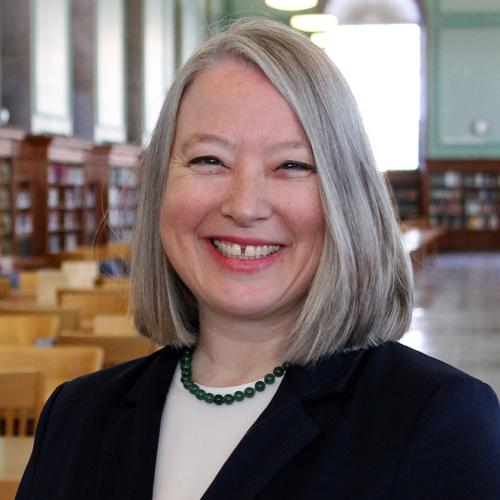A new resource for educators—Critical Library Pedagogy Handbook, a two-volume set published in September by the Association of College & Research Libraries—examines the theory and practice of critical pedagogy in the LIS classroom. According to editors Nicole Pagowsky and Kelly McElroy, critical pedagogy “incorporates inclusive and reflective teaching for aims of social justice; it provides mechanisms for students to evaluate their social, political, and economic standing, and to question societal norms and how these norms perpetuate societal injustices.”
iSchool Assistant Professor Nicole A. Cooke wrote the chapter, “Documenting Your Critical Journey,” which is included in Volume 1.
Summary: This chapter challenges librarians to reflect on their practice as information professionals, especially in regards to the concept of feminist pedagogy, and think about the ways in which they might parlay their reflections into a critical professional practice. Self-reflection is an important element of developing and maintaining a critical LIS practice. The exercise presented in this chapter is useful for LIS professionals at all stations, from graduate students, to practitioners, to faculty. And because the profession and our communities will never cease changing, information professionals should be reflecting and refining their practices on a regular basis.
"I am particularly proud of this chapter because it emerged directly from my work with iSchool students in the Race, Gender, and Sexuality in the Information Professions course (LIS 537). The students really embraced the pedagogy that I describe in this chapter and produced beautiful final projects and reflections,” said Cooke.
A chapter authored by affiliated faculty member Lisa Janicke Hinchliffe (MS '94) is titled, “Loading Examples to Further Human Rights Education” and also included in Volume 1.
Summary: Academic librarians often struggle against the limited amount of time we have with students relative to the learning goals we have for information literacy, and the idea of also including a critical framework is daunting. This chapter presents a strategy for “loading examples” through thoughtful selection of terms and resources that enables librarians to pursue human rights education, which is well-aligned with campus learning goals for multicultural awareness, global perspectives, diversity, etc. in even the shortest of instructional encounters. An open access copy of the chapter is available in IDEALS.
Cooke was named a "Mover & Shaker" by Library Journal in 2007 and was the 2016 recipient of the American Library Association's Equality Award. Her research and teaching interests include human information behavior (particularly in the online context), critical cultural information studies, and diversity and social justice in librarianship with an emphasis on infusing them into LIS education and pedagogy. She holds an MEd in adult education from Penn State, and a Master of Library Science and a PhD in communication, information, and library studies from Rutgers University, where she was an ALA Spectrum Doctoral Fellow.
Hinchliffe is a professor and coordinator for Information Literacy Services and Instruction with the University Library. Her research interests include teaching and learning, higher education, globalization, information literacy, library assessment/evaluation, and library quality. She holds master’s degrees in library and information science and education, both from Illinois.
